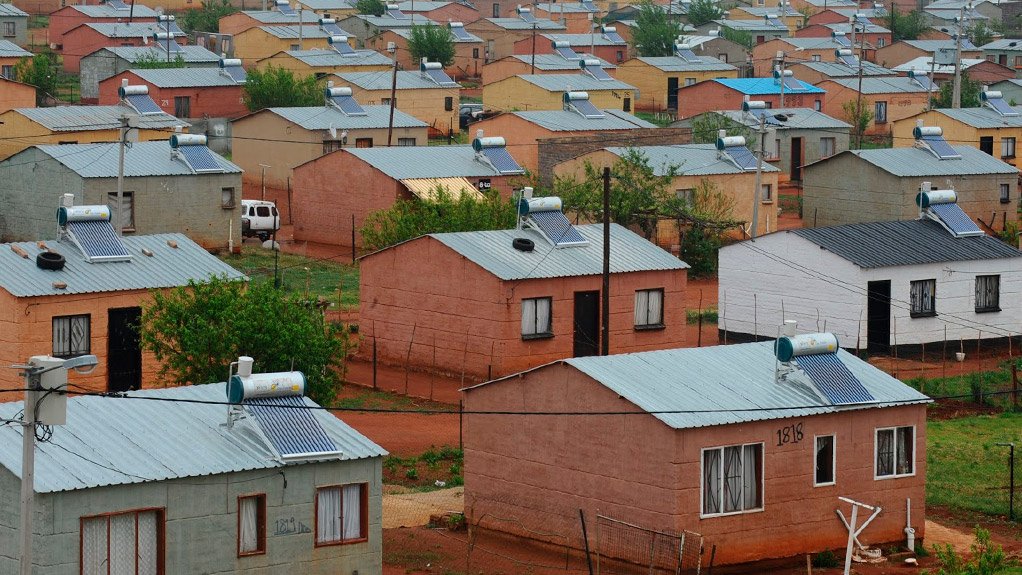/ MEDIA STATEMENT / The content on this page is not written by Polity.org.za, but is supplied by third parties. This content does not constitute news reporting by Polity.org.za.
Cape Town Mayor Geordin Hill-Lewis says National Cabinet have chosen to cut pro-poor funding over government waste, with far-reaching consequences for local government. This follows nationwide cuts to grant funding for municipalities and provinces, as announced in the Medium-Term Budget Policy Statement by Finance Minister Enoch Godongwana on 1 November. These cuts amount to over R107m for Cape Town’s human settlements grants in 2023/24 alone. Read more below:
‘The Finance Minister had every chance to cut wasteful government expenditure, including R3,5 billion in VIP security. Several national government departments also serve no purpose other than to bloat the National Cabinet.
‘South Africans would not miss departments, such as Small Business, or Women, Youth and Children, to name just a few that could be cut. But the most vulnerable will definitely feel the cuts to grant funding used by municipalities and provinces for a range of critical pro-poor services. The President and his Cabinet have chosen waste over pro-poor spending, and the consequences will be far-reaching.
‘We are in a tight corner due to corruption, waste, and a weak economy, but we in Cape Town do believe it is possible to protect expenditure aimed directly at improving the lives of the poor, upgrading services in informal settlements, delivering housing, or building essential infrastructure,’ said Mayor Hill-Lewis.
Cuts to Cape Town’s national funding share include R37m from the Informal Settlement Upgrading Partnership Grant, and R70m from the Urban Settlements Development Grant.
Mayor Hill-Lewis said Cape Town will continue to advocate for increased Equitable Share funding, following census data revealing the city is on track to become SA’s most populous, now with just 100 000 residents less than Joburg.
‘Cape Town’s population will soon cross the five million mark, with our city increasingly at the heart of national growth. It is critical that we deliver on our planned infrastructure investments, which amount to 50% of planned municipal infrastructure spending in South Africa over the next three years. These national cuts make our task all the more difficult, but we will keep doing everything possible to build a Cape Town that is progressive, pro-poor and pro-growth,’ said Mayor Hill-Lewis.
Cape Town shifting to ‘enabling state’ approach to housing delivery
The City’s Mayoral Committee Member for Human Settlements, Councillor Carl Pophaim said Cape Town is focusing on enabling more private sector housing delivery.
‘The steady decline in housing grant funding means that the future of housing is increasingly about private sector delivery backed by an enabling state. This is why Cape Town is prioritising faster land release for affordable housing, especially state-subsidised social rental opportunities.
‘We welcome confirmation in the MTBPS that social housing subsidies will be raised, as these have not kept up with inflation, which massively impacts the viability of the sector. However the elderly, the disabled, and other vulnerable groups still require a level of free housing delivery from the state, and this is where the conditional grant cuts of R107m this year will be most felt.
‘Over the past financial year, the Human Settlements Directorate spent 99,3% of its more than R880 million capital budget, which shows we are able to spend the grant money we get. We will keep making the case for this funding to be protected from further cuts,’ said the City’s Mayoral Committee Member for Human Settlements, Councillor Carl Pophaim.
Issued by City of Cape Town
EMAIL THIS ARTICLE SAVE THIS ARTICLE ARTICLE ENQUIRY
To subscribe email subscriptions@creamermedia.co.za or click here
To advertise email advertising@creamermedia.co.za or click here











